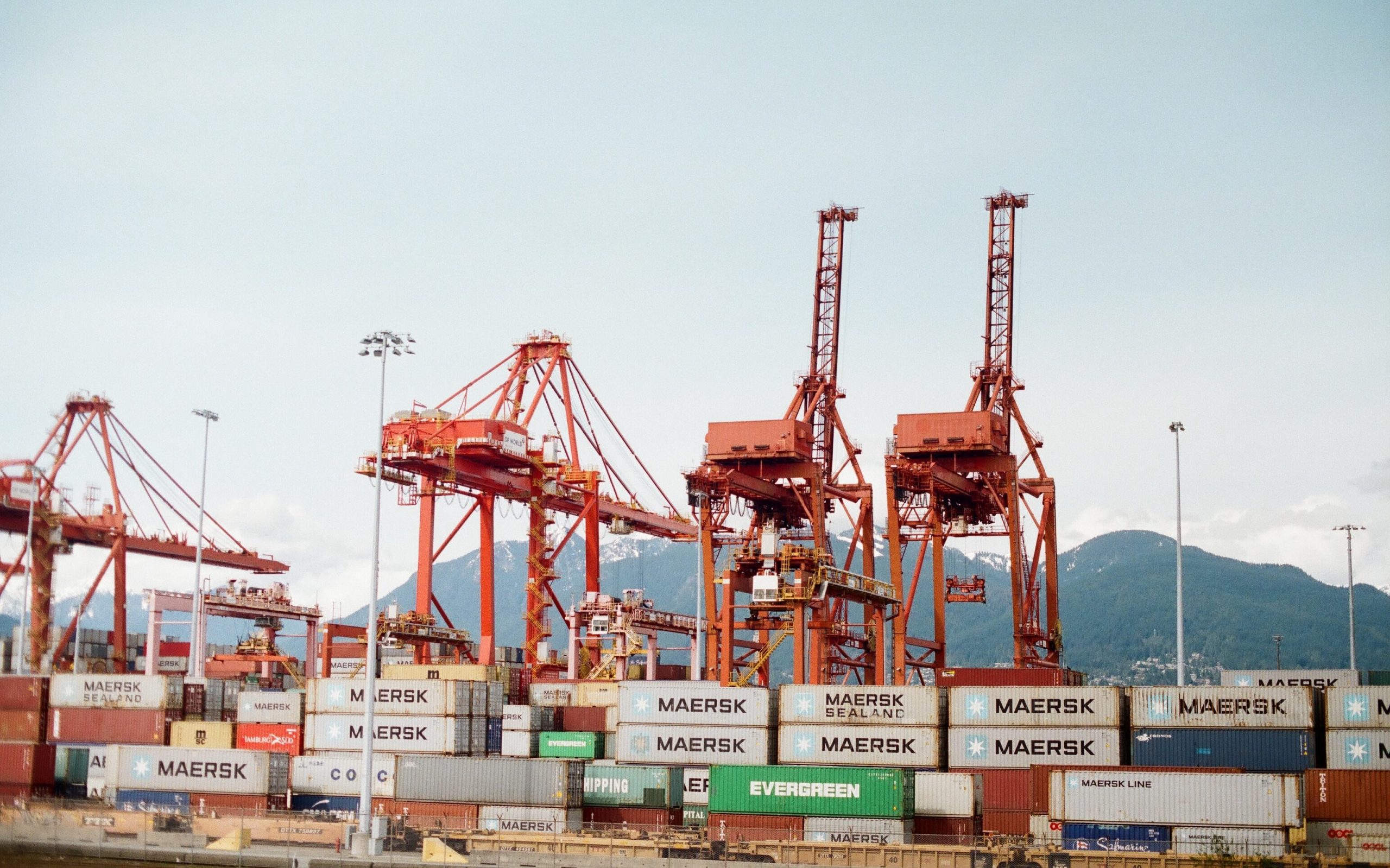As we bid farewell to 2023, it’s time to reflect on the myriad events and milestones that shaped the course of the year. From technological breakthroughs to cultural shifts, 2023 was a rollercoaster of innovation and transformation. In this blog, we’ll unveil the top 10 highlights that stood out and left an indelible mark on the fabric of 2023.
1. Quantum Computing Breakthroughs

In 2023, quantum computing made unprecedented progress, reaching the milestone of quantum supremacy. This achievement has far-reaching implications, promising solutions to intricate problems at speeds unimaginable with traditional computers, particularly in fields like cryptography, drug discovery, and climate modeling.
2. AI’s Influence in Healthcare
Artificial Intelligence continued its penetration into the healthcare sector, reshaping diagnostics, treatment strategies, and patient care. AI-driven tools showcased remarkable accuracy in early disease detection, personalized treatment plans, and overall healthcare enhancement.
3. Global Climate Accords
As climate change concerns reached a critical juncture, nations around the world came together in 2023 to forge ambitious global climate accords. Commitments to reduce carbon emissions, transition to renewable energy sources, and protect biodiversity marked a collective effort to address the urgent challenges posed by climate change.
4. Space Tourism Takes Off
The space race evolved into a new era in 2023, with commercial space tourism becoming a reality. Several private companies successfully launched missions, enabling civilians to partake in the adventure of space travel. This marked a significant stride in making space exploration more accessible to the public.

5. Metaverse Surge
The concept of the metaverse gained unprecedented traction in 2023. Major technology companies invested heavily in virtual reality (VR) and augmented reality (AR), creating immersive digital realms for work, socializing, and entertainment. The metaverse emerged as a hub for innovation and collaboration.
6. Advancements in Biotechnology

Biotechnology made groundbreaking strides in 2023, with advancements ranging from CRISPR-based gene editing to revolutionary treatments for previously incurable diseases. These breakthroughs raised ethical questions but also offered new hope for addressing genetic disorders and improving overall human health.
7. Shifts in Remote Work Culture
The way we work underwent a transformative shift in 2023. Remote work, once a necessity, became a preferred mode for many companies. This change not only impacted work culture but also influenced urban planning, as cities reimagined themselves to accommodate a more decentralized workforce.

8. Renewable Energy Dominance
Renewable energy continued its ascent in 2023, surpassing expectations in terms of efficiency and affordability. Solar and wind power, in particular, became dominant sources of energy globally, contributing to a significant reduction in reliance on fossil fuels.
9. Tech Ethics and Regulation Focus
Amid rapid technological advancements, there was an increased emphasis on ethical considerations and regulatory frameworks in 2023. Governments and tech companies collaborated to establish guidelines for responsible AI use, data privacy, and digital security, ensuring a balanced approach to the benefits of technology.
10. Global Health Resilience
The lessons learned from the COVID-19 pandemic led to unprecedented collaboration in global health in 2023. This resulted in more robust health systems, improved vaccine distribution, and enhanced preparedness for future health crises.

Photo credit: Canva.com
As we conclude the narrative of 2023, these ten highlights underscore the innovation, adaptability, and collective endeavors of humanity. The year was characterized by a fusion of technological breakthroughs, societal transformations, and a shared commitment to addressing global challenges. These standout moments will undoubtedly shape the trajectory of the years to come.
Here’s wishing all our readers, from the management and staff of Robert Kennedy College, a very Happy New Year 2024! We hope to see you as one of our proud Master’s and PhD students at RKC. Find a programme suitable to you, talk live to one of our education advisors, and apply now!




















